Speakers
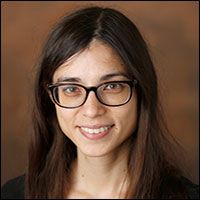
Dr. Catie Chang
Assistant Professor of Electrical and Computer Engineering, Computer Science, and Biomedical Engineering, Vanderbilt School of Engineering, USA

Dr. Julian F. Thayer
Distinguished University Professor of Psychological Science, University of California, Irvine, USA

Dr. Tony Wyss-Coray
D. H. Chen Professor of Neurology and Neurological Sciences. Director, Knight Initiative for Brain Resilience, Stanford University

Dr. Jessica Damoiseaux
Associate Professor, Institute of Gerontology and Department of Psychology, Wayne State University, USA
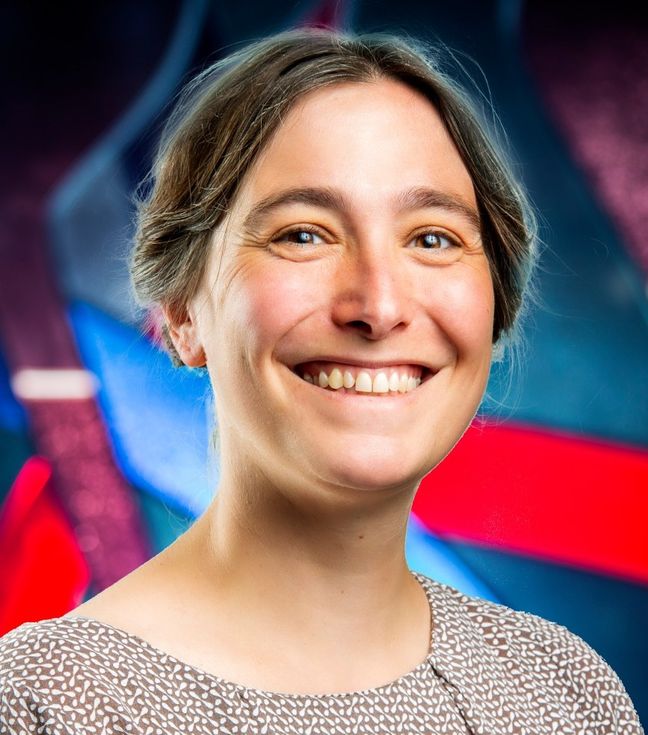
Dr. Claudine Gauthier
Associate Professor, Department of Physics, Concordia University; Michal and Renata Hornstein Chair in Cardiovascular Imaging, Montreal Heart Institute, Canada

Dr. Rong Zhang
Professor, Departments of Neurology, and Neurotherapeutics and Internal Medicine, Director, Cerebrovascular Laboratory, University of Texas Southwestern Medical Center, USA
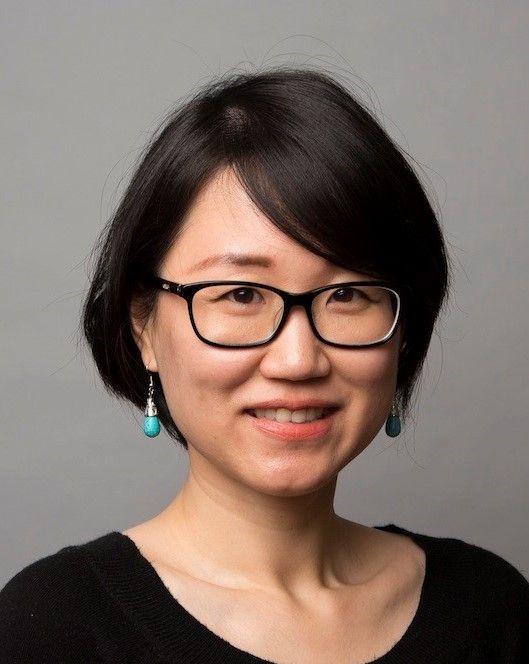
Dr. Jean Chen
Senior Scientist, Rotman Research Institute, Baycrest Centre for Geriatric Care; Canada Research Chair in Neuroimaging of Aging. Associate Professor, Medical Biophysics, Associate Professor, Biomedical Engineering, Full Member, Institute of Medical Sciences, University of Toronto, Canada

Dr. Lee Ryan
Professor and Department Head of Psychology, Associate Director, Evelyn F. McKnight Brain Institute, Director, Cognition and Neuroimaging Laboratory, University of Arizona, USA

Dr. Christopher Filley
Director, Behavioral Neurology Section, Professor of Neurology and Psychiatry, University of Colorado School of Medicine. Senior Scientific Advisor, Marcus Institute for Brain Health, USA
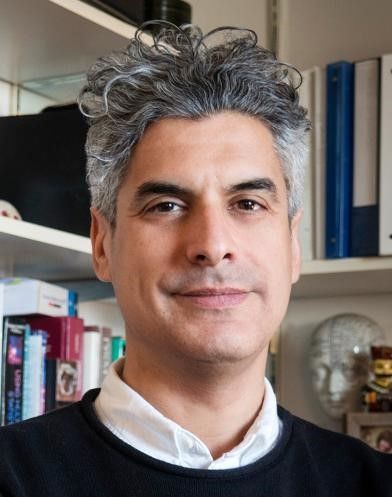
Dr. Adam M. Brickman
Professor of Neuropsychology, Columbia University, USA

Dr. Jennifer J. Heisz
Canada Research Chair in Brain Health and Aging, Associate Professor, Department of Kinesiology, McMaster University, Canada

Dr. Jed Meltzer
Canada Research Chair in Interventional Cognitive Neuroscience, Senior Scientist, Rotman Research Institute, Baycrest, Canada
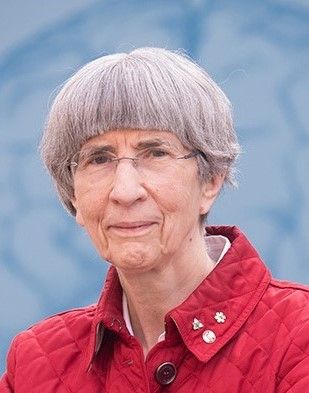
Dr. Sandra E. Black
Senior Scientist, Hurvitz Brain Sciences Research Program, Sunnybrook Research Institute, Scientific Director, Dr. Sandra Black Centre for Brain Resilience and Recovery, Sunnybrook Health Sciences; Adjunct Scientist, Rotman Research Institute, Baycrest; Professor of Medicine (Neurology), Department of Medicine, University of Toronto, Canada

Dr. Nicole Anderson
Rotman Research Institute
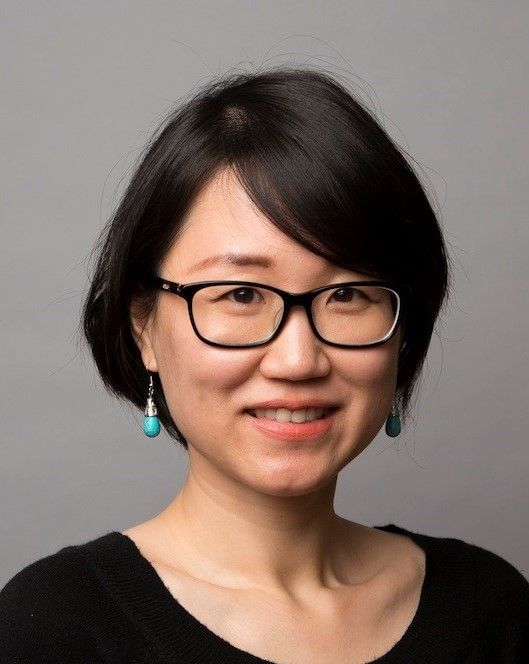
Dr. Jean Chen
Rotman Research Institute

Dr. Jed Meltzer
Rotman Research Institute